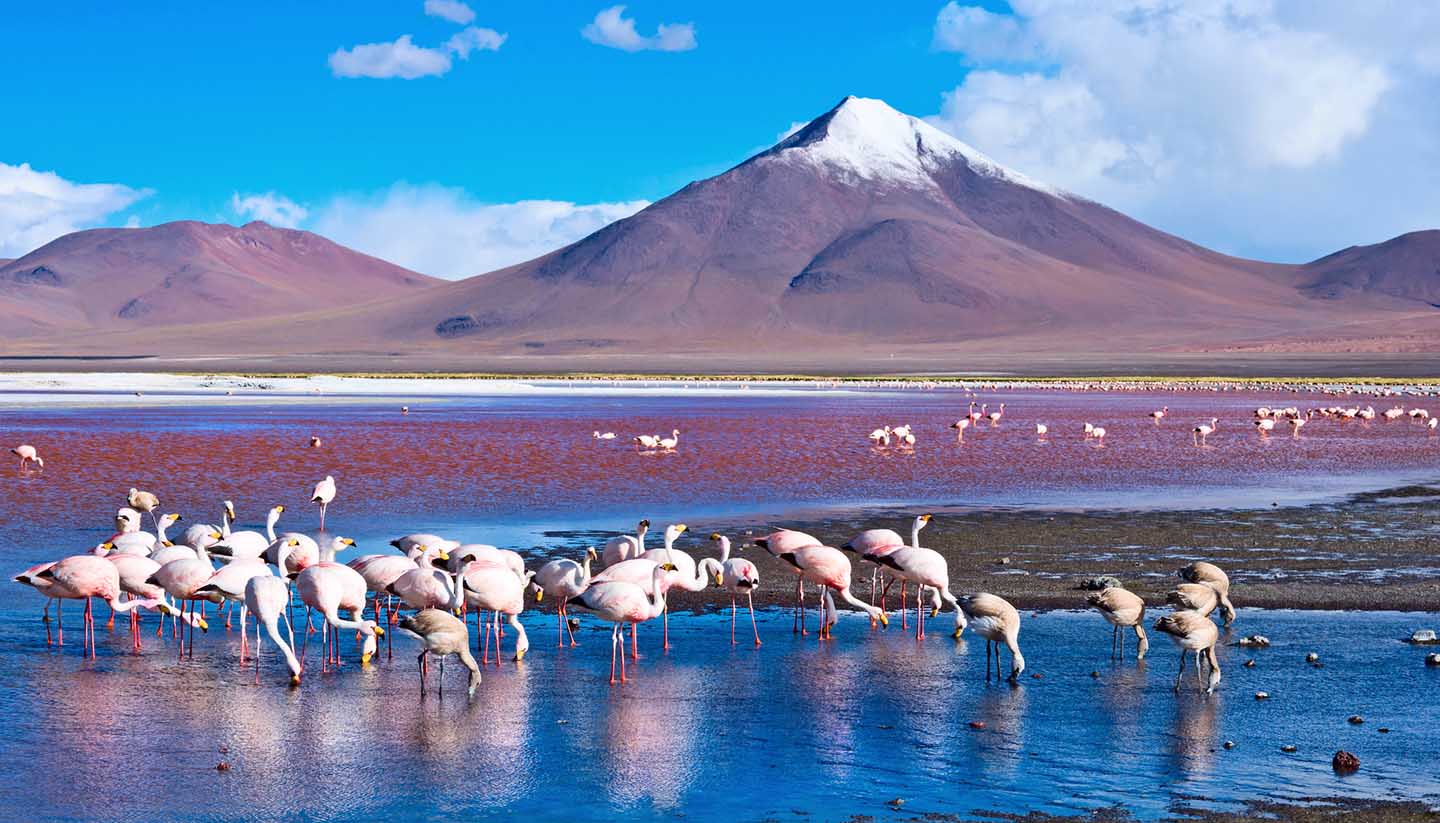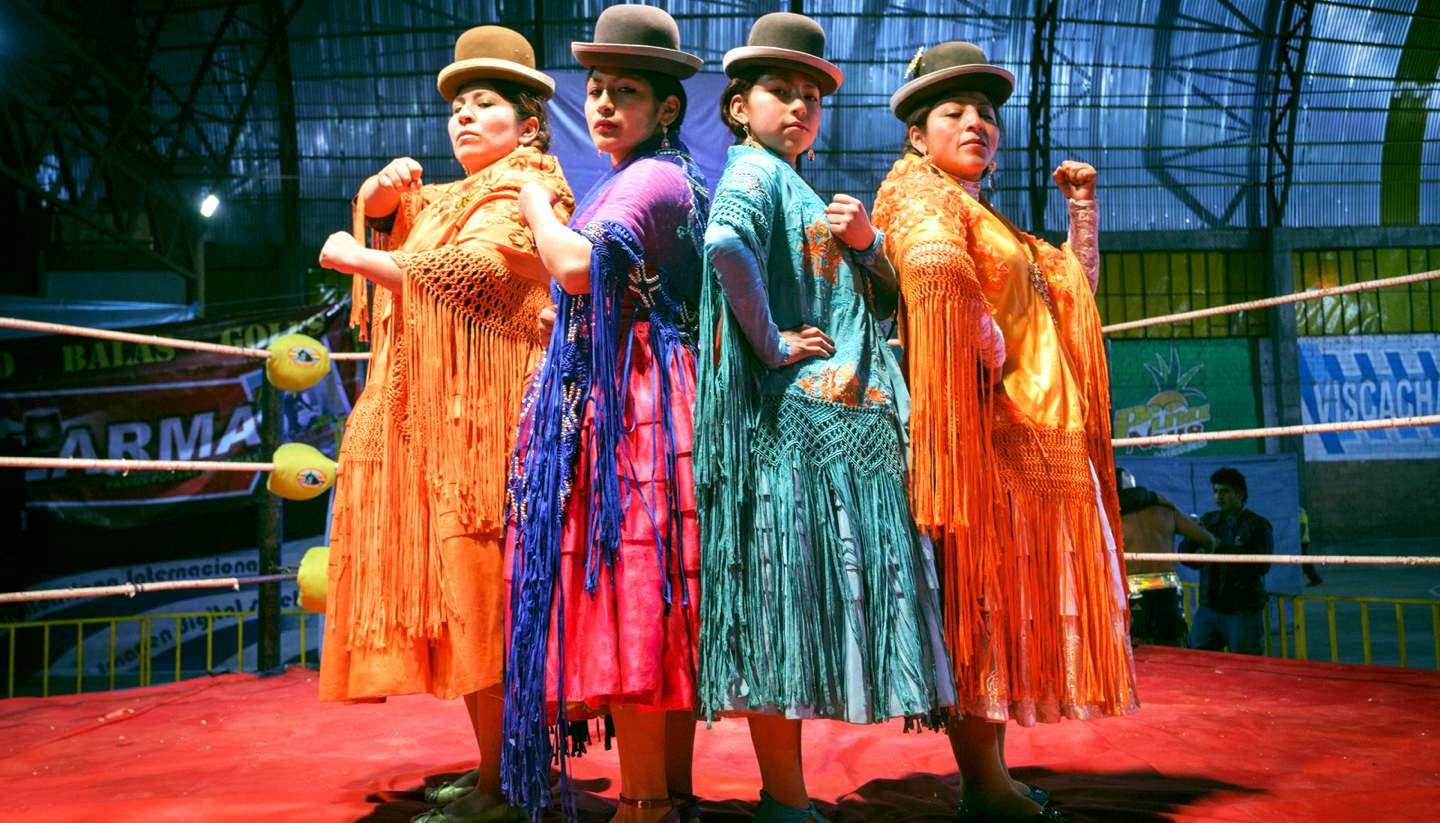Bolivia Health Care and Vaccinations
| Title | Special precautions |
|---|---|
| Yellow Fever | Yes** |
| Typhoid | Yes |
| Tetanus | Yes |
| Rabies | Sometimes |
| Malaria | Sometimes* |
| Hepatitis A | Yes |
| Diphtheria | Sometimes |
* Risk varies from area to area (as does resistance to preventative drugs); check before travel.
** A yellow fever vaccination certificate is required from all travellers over one year of age traveling from a country with risk of yellow fever. As of 17 February 2017, the Ministry of Health of Bolivia has indicated that those visiting yellow fever risk areas in Bolivia (areas below 2,300m east of the Andes Mountains, including Beni, Pando, and Santa Cruz) should carry a yellow fever vaccination card.
Health Care
Medical insurance is strongly recommended. In case of a medical emergency, La Paz has several reliable, private clinics, such as Clinica Alemana and CEMES. In big cities like La Paz, the pharmacies have a rota system whereby at least one will stay open for 24 hours a day. You can find familiar drugs without prescription here, and often the pharmacists can advise whether you need to see a doctor. In La Paz and Santa Cruz, English-speaking doctors are fairly easy to find. Remember to keep all receipts of treatment so you can claim back costs. In rural areas it is harder to find good medical facilities.
Food and Drink
Water used for drinking, brushing teeth or making ice should be boiled or otherwise sterilised (iodine tablets or tincture are good options). It is best to avoid drinking tap water entirely while in Bolivia. Bottled water is purified (though check the seal as they are sometimes refilled in stores). All branded milk products are pasteurised; powdered or tinned milk is also available. Only eat well-cooked meat and fish, and vegetables should be cooked and fruit peeled. Be wary of street stalls or anything that has been reheated.
Other Risks
Vaccinations for tuberculosis and hepatitis B are also sometimes recommended. Acute Mountain Sickness (AMS), commonly known as altitude sickness or soroche, can affect anyone and care should be taken. Symptoms include nausea, dizziness, loss of appetite, breathlessness, headaches and a rapid heartbeat. Drugs can be bought from local pharmacies, or you can try coca tea which the locals swear by. Allow time to acclimatise to high altitude, especially upon arrival in Altiplano cities.
Upset stomachs are common with travellers passing through Bolivia, caused either by contaminated food or water, or adjustment to new bacteria. Drink plenty of liquids and rehydration salts. If it continues for more than five days it’s best to consult a doctor.
Make sure to bring suntan lotion, especially when visiting Lake Titicaca or the Altiplano. While it may not be hot, the sun up here is strong and many people do not realise they are burning. Lotion can be expensive in the pharmacies, so bring your own from home.
Take extra precautions to prevent against mosquito bites because of the risk of dengue fever in Eastern departments. Affected provinces are Beni, Chuquisaca, Cochabamba, La Paz, Pando, Santa Cruz and Tarija. If you’re going into the Amazon, anti-malaria tablets are necessary – check with your local travel clinic beforehand. Mosquito netting, repellent spray or lotion (with at least 35% DEET content) and electric plugs are the best types of repellent.
Rabies still exists in Bolivia, so if you’re spending time in remote areas or are in contact with animals, it’s worth having the vaccine.
Other health threats include stings and bites from insects which can be treatable by hydrocortisone from a local pharmacy. It is always best to bring a first aid kit with you, especially when travelling to remote areas. Antiseptic cream, insect repellent, waterproof plasters, surgical tape, antihistamine, rehydration salts, paracetamol and water sterilisation tablets are all useful.



